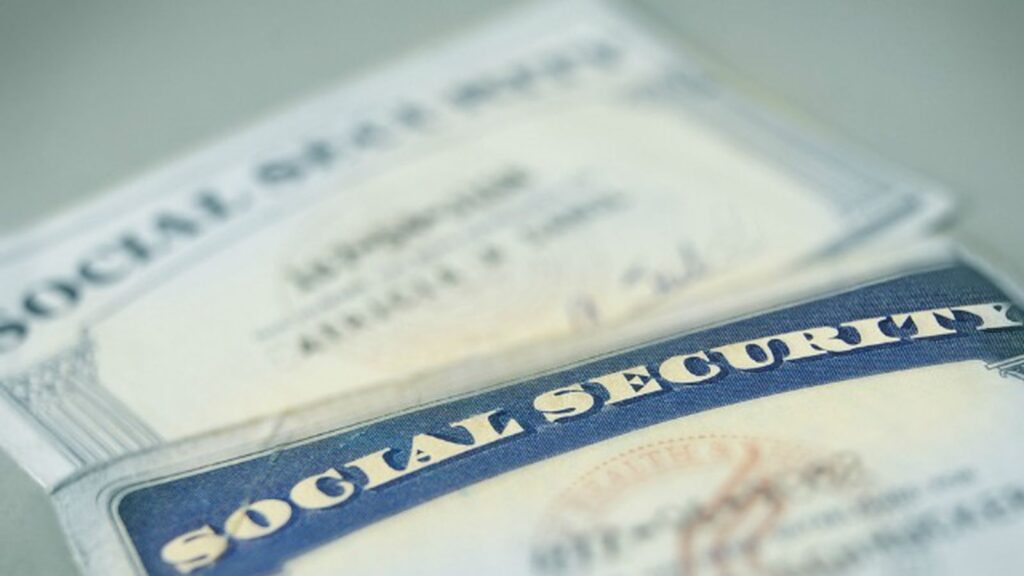Ponzi schemes are a form of investment fraud made famous by Charles Ponzi back in the 1920s. The idea of the scheme is that they promised high returns with low risk in order to interest investors. Do you remember Bernie Madoff when he promised investors (even his family members) a 20% return – no matter what. Sounds to good to be true doesn’t it? Once enough people invest, the scam artist pays back the promised investment with new income from all the other investors drawn into the scheme. Social Security is certainly not a Ponzi scheme because it’s not an investment but it acts like one.
So, let’s take a look how Social Security works. Just about every working American citizen is forced to contribute to Social Security whether they want to or not. (except in some cases-police officers, firefighters and teachers). Any if they want the maximum benefit at retirement, they are not allowed to touch those funds until age 67 or later. It works very similar to a pension plan or a 401(k) at work. Social Security is presented as a benefit in which you contribute to from your paycheck for your entire working life and then in retirement the government will pay you a monthly payout.
The funny thing is that there is no account set up with your money in it. Social Security acts sort of like a Ponzi scheme as it is funded by current workers’ contributions but there’s no telling what your return on investment is. Interesting!
As you’ve probably heard, according to the CBO (Congressional Budget Office) projections for the Social Security Trust Fund, it will run short of money in 2033. It will not run totally dry as false claims has been speculated but a bit short. No worries though because to remedy that threat, they can do two things: 1) increase the full benefit age. A recent change a few years ago was that they increase the full benefit age to 67 from 65 and 2) they an increase the contributions percentages from workers (that’ll be sad!).
Sadly, this never had to come to this. If your daily contributions had been put in a personal account for you, you would have substantially more money when you retired and could leave it to your beneficiaries if you passed away. Here’s an example how the system currently works. Let’s say you’re age 65 and worked as a city employee for 25 years. So, after 25 of Social Security contributions you stand to bring in a monthly payout of $1,500 from their calculations. That’s not bad but when you die, that payout stops not matter what. That doesn’t sound fair, does it? Can you imagine how much you could of accumulated in those 25 years if you would of just socked that money away in your own (very conservative) U.S. treasury bill account?
As it stands now, the Social Security system is one of the largest discriminatory programs in history. Life expectancy for African Americans is five years less than white Americans, seven years less than Hispanic Americans, and eleven years less than Asian Americans. So, Black Americans who pass away at an earlier age lose their benefits instead of being able to pass those unused funds to their family. I have seen too many times when a worker retires and soon afterwards they suddenly die. Unfortunately, those benefits that they paid into Social Security over the years die right beside it.
To keep a Ponzi scheme solvent is to get more investors. While Social Security technically isn’t a Ponzi scheme, it operates like one. However, more workers are needed for Social Security to payoff those who’ve retired. The original promise to workers have long been broken and the benefits will continue to be watered down because of a decreased work force.
The best solution for workers is that the government set up a private guaranteed U.S. Treasury account in which their Social Security contributions goes into. But this system won’t work for the government because those funds are needed to pay out current recipients. It would literally force the Social Security system to become insolvent. So, what most workers should do instead is focus more on their 401(k) and 403(b) employer retirement plans at work and contribute as much as you can each month to savior your desired retirement lifestyle.

